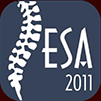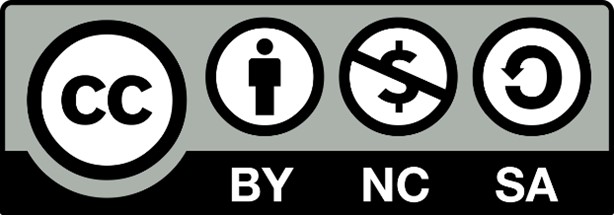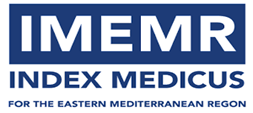Subject Area
Miscellaneous
Article Type
Clinical Study
Abstract
Background Data: Phosphatidylcholine/deoxycholate is now widely used in injection lipolysis mainly for aesthetic purposes inducing lipolysis in subcutaneous fat for body contouring and also for shrinking small subcutaneous lipomas. In this work, the authors discuss the effects of phosphatidylcholine dissolved in deoxycholate on nervous tissues in rats to assess the hazards of injection lipolysis in treatment of spinal lipomas as an alternative to surgery.Purpose: to highlight the histopathological effects of phosphatidylcholine on neurological tissues of a rat model to determine whether it is safe to use it as a mesotherapeutic agent for treating spinal lipomas as an alternative for surgery.Study design: a prospective histopathological study on rat model.Material and Methods: 12 young female Wistar rats (2 month old) were divided equally into 2 groups. The treatment group was injected percutaneously by Lipostabil® (0.1 ml/rat/day containing 50 mg/ml phosphatidylcholine dissolvedin deoxycholate) in the groin area infiltrating the femoral bundle and the control group was injected with 0.1 ml/rat/day normal saline. The injection was repeated for 4 successive days. Biopsies were harvested on the fourth day from the femoral bundle and studied by light microscopy. The pathology was scored semi-quantitatively for inflammation, necrosis, fibrosis, and nerve damage.Results: Repeated injection of phosphatidyl choline deoxycholate caused intense inflammation adjacent to the nerve leading to neural damage, deposition of collagen fibers amongst the inflammatory background as anearly sign of fibrogenesis and tissue necrosis Conclusion: The current data highlights the risk of using such combinationsnear nerves not only spinal lipomas for its intense inflammatory and necrotic effects. (2013ESJ056)
Keywords
phosphatidyl choline, spinal lipoma, nerve tissue
How to Cite This Article
El-gowelli, Hanan; Elsabba MD, Bassma; Elsaghir, Hisham; and Yosry, Emad
(2013)
"The effect of phosphatidylcholine/ deoxycholate on nervous tissues: A histopathological study,"
Advanced Spine Journal: Vol. 8
:
Iss.
1
, Article 6.
Available at: https://doi.org/10.21608/esj.2013.3847




















